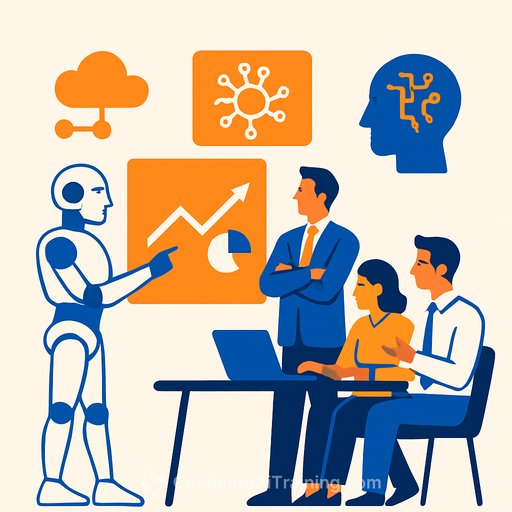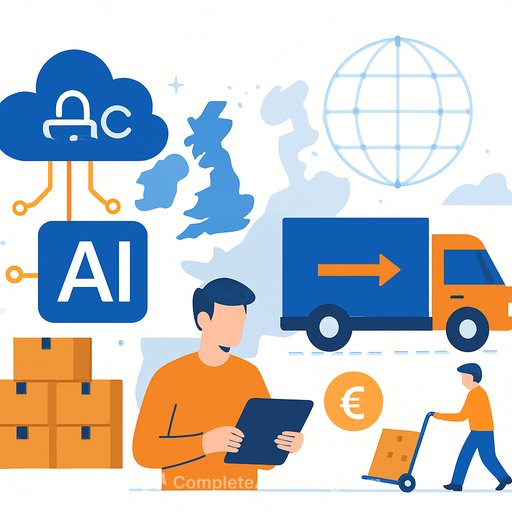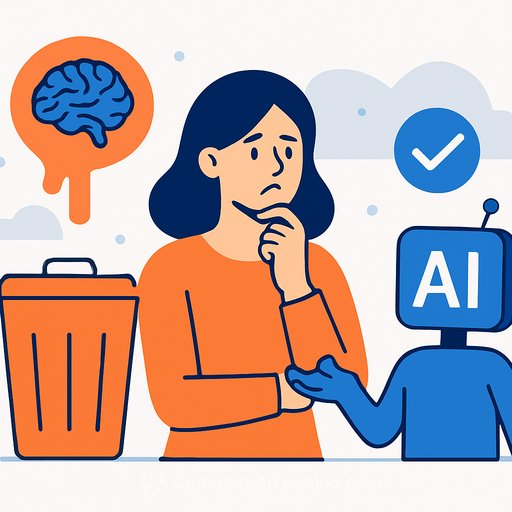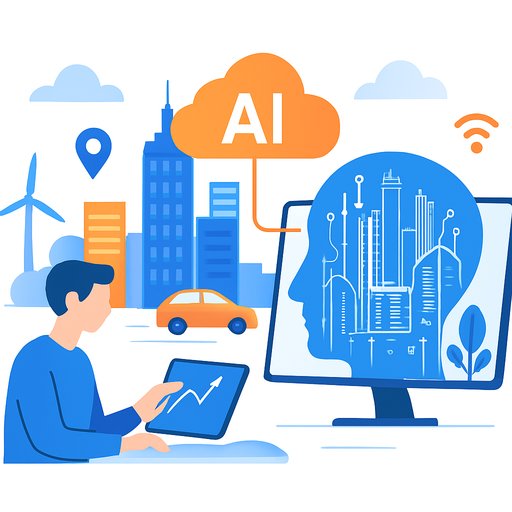The Impact of AI on Management Consulting
Management consulting firms like McKinsey & Co. generate billions through strategic advice, but artificial intelligence is challenging the traditional ways consultants operate. AI tools are increasingly handling core consulting functions—from data analysis to strategy development—at speeds and scales that rival human experts. This shift is sparking deep reflection within firms about what the future of consulting will look like.
Generative AI can now perform tasks typically assigned to junior consultants with impressive speed and accuracy. It can draft reports, analyze market trends, and simulate client scenarios far quicker than human teams. These capabilities are not theoretical—they’re actively changing how consulting firms run their operations.
The AI Efficiency Edge
McKinsey has previously highlighted automation’s impact on jobs, but the firm now faces the direct effects. AI is handling tasks such as creating slide decks and summarizing interviews with near perfection. This development has caused concern inside McKinsey, where employees worry that AI might reduce the need for large analyst teams, leading to leaner operations and fewer entry-level roles.
AI doesn’t just speed up repetitive tasks; it can replicate complex problem-solving processes without fatigue or errors. This challenges the traditional consulting model, which depends heavily on human rigor and critical thinking frameworks.
Deployment of AI Agents
In response, McKinsey has adopted thousands of AI agents—approximately 12,000 by recent reports—to automate activities like note-taking and content creation. This move points to a hybrid model where humans and AI work side-by-side, aiming to boost productivity without sacrificing quality.
However, this shift raises valid concerns. Junior consultants may find fewer opportunities to develop hands-on skills, while senior partners could gain more control by overseeing AI outputs. Other consulting powerhouses such as BCG and Bain are experimenting with similar approaches, but McKinsey’s scale makes its strategy a benchmark for the industry.
Reskilling Imperatives
To address these challenges, McKinsey is investing heavily in upskilling its workforce. Training now emphasizes AI oversight and ethical use, preparing consultants to work effectively alongside technology. Industry research projects that generative AI might automate up to 30% of U.S. work hours by 2030, signaling an urgent need for continuous learning.
Voices from within and outside the industry stress that human insight remains crucial. While AI can transform how consulting is done, the human element still adds value—especially in judgment and nuanced decision-making. Leaders at McKinsey promote the concept of “superagency,” encouraging employees to enhance their roles through AI rather than be replaced by it.
Broader Industry Ramifications
The rise of AI in consulting also affects client relationships. Firms must ensure AI-driven advice retains the detail and customization clients expect. Generic outputs risk damaging trust and credibility.
Efforts to integrate AI workflows position firms like McKinsey as industry leaders but also highlight a significant challenge: balancing technological efficiency with the personal touch that defines successful consulting. The path ahead involves not just adopting AI but fostering a culture of adaptation and learning.
Ethical and Economic Considerations
Ethical issues such as data privacy and algorithmic bias come to the forefront as AI becomes more embedded in consulting. McKinsey’s own studies have long forecasted job impacts from automation, but now the firm confronts these effects firsthand.
Experts caution that without careful management, AI could worsen workforce inequalities. The consulting sector’s response to these challenges will influence its relevance in the years ahead. Successful integration means using AI as a tool that amplifies human capabilities, not as a replacement.
For those in management roles looking to adapt, building skills in AI oversight and ethical application is essential. Exploring practical AI training courses can provide a strong foundation for this transition. More information on relevant AI courses can be found at Complete AI Training.
Your membership also unlocks:






